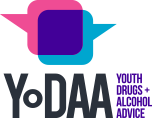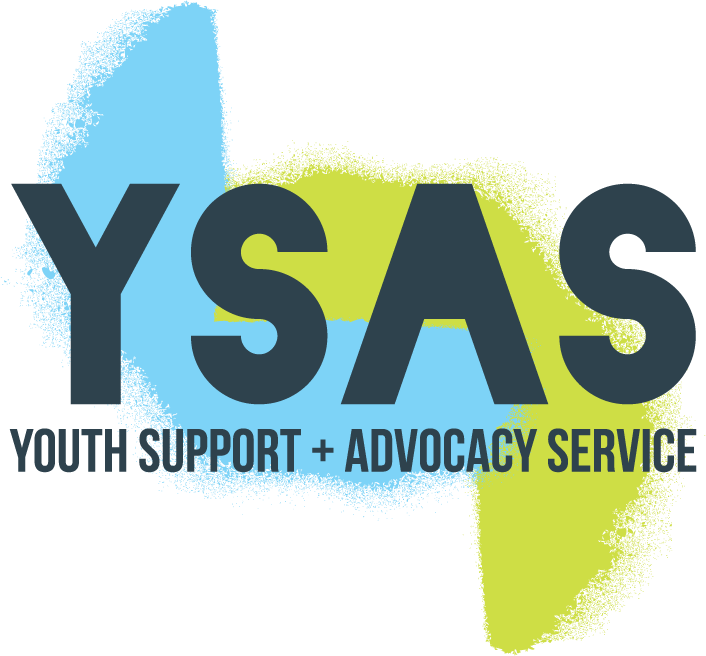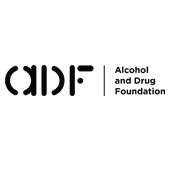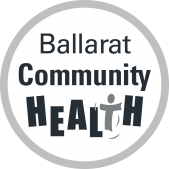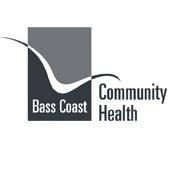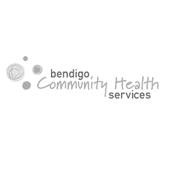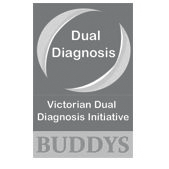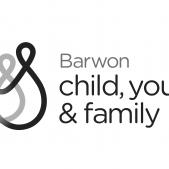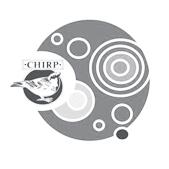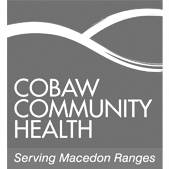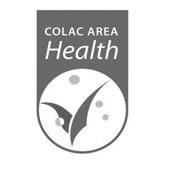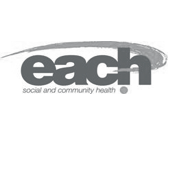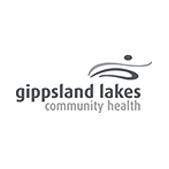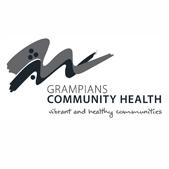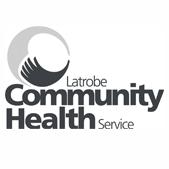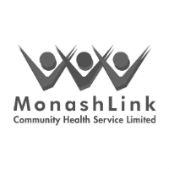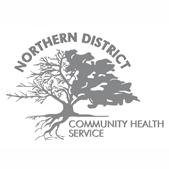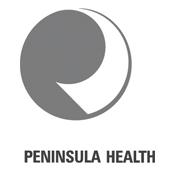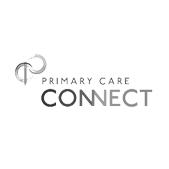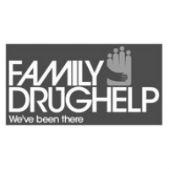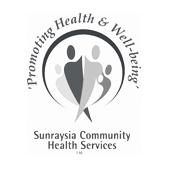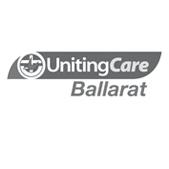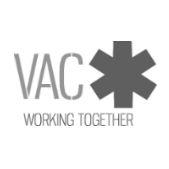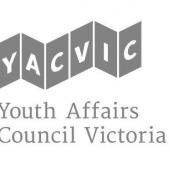Advice for Teachers
What a support service will ask and why
Making a supported referral for a young person is a common task for a well-being coordinator. It is a great advantage to know what a Youth Drug and Alcohol service will ask you when you seek support for a young person.
It means you can prepare referral information and promote a more efficient and coordinated process.
Generally speaking, specialist services will have assessment processes to gather information directly from young people. Even so, when you make a referral, it is likely a service will also ask you for information. At the point of making a referral, a service will gather information in order to get an early indication of:
- General eligibility for their service including age etc.
- Whether or not a young person is likely to have a problem requiring a specialist service.
Services do this because not every young person requires a specialist service and in fact the intensive nature of many specialist services may be detrimental to a young person’s development when not required. Gathering information early prevents a young person unnecessarily providing information to multiple services who may not eventually help them. In contrast, where specialist support is indicated, the gathering of accurate information from you may help in prioritising care and support for that young person.
Don’t worry if you don’t feel you have much information –especially about a young person’s drug use- but providing you have the student’s consent, the more information you can provide the better.
Services will ask you what you know about a young person’s drug use as well as about other domains or areas in a young person’s life. This is because it is only by understanding both drug use severity and how vulnerable/resilient a young person is that true AOD need can be judged and appropriate supports matched to that need.
DRUG USE INFORMATION THAT IS GENERALLY ASKED FOR:
- What drugs are used?
- How much?
- How often?
- Has the young person tried to stop?
- What are the harms?
INFO GENERALLY ASKED TO INDICATE VULNERABILITY/RESILIENCE:
- Housing situation?
- Family cohesion/conflict?
- Mental health concerns?
- Problems with the law?
- Engagement in school?
- History of trauma?
Thinking of making a referral? This article about partnership with local Youth AOD services and this one about when to refer may be useful.
